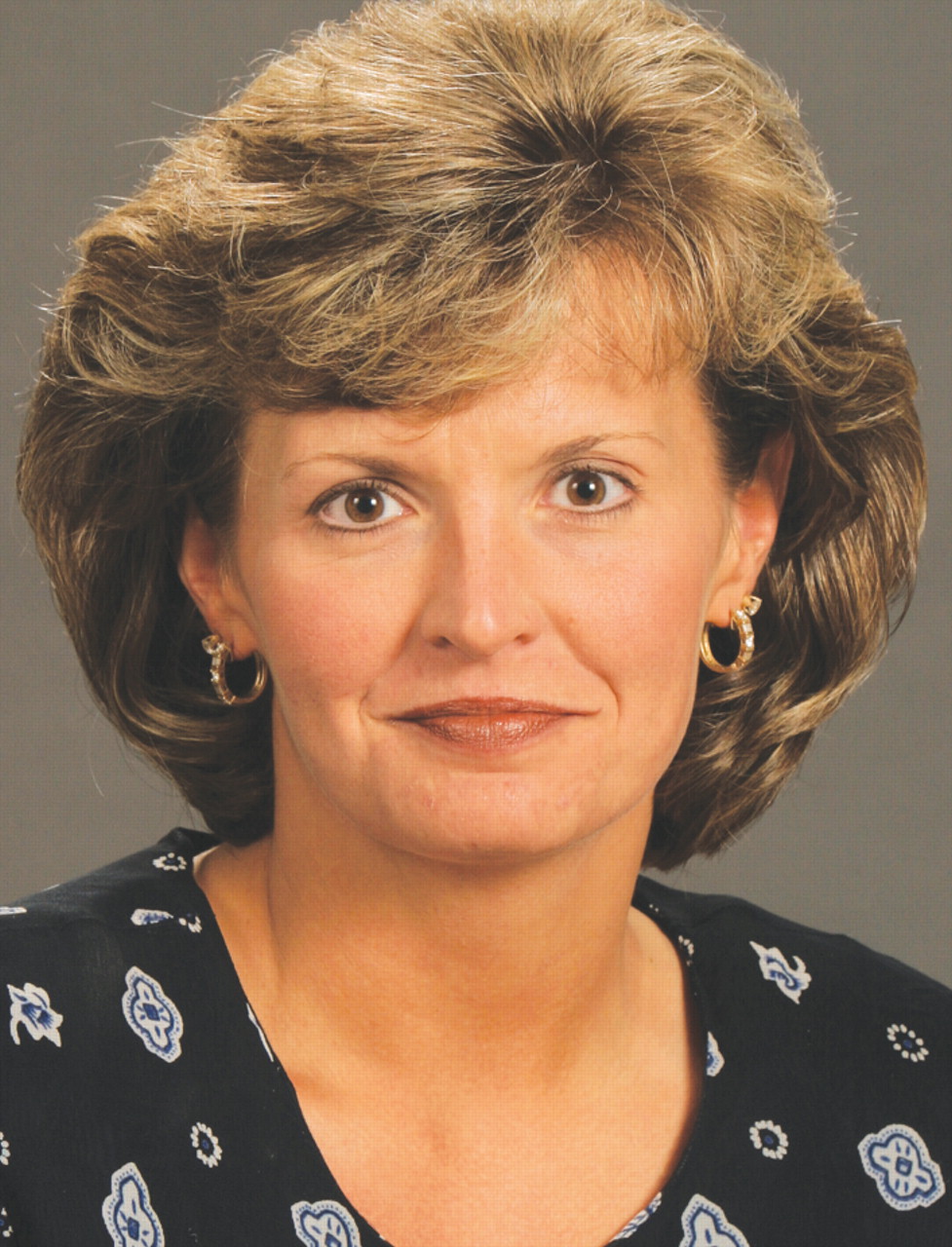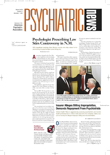“Why don’t you do a column on women in psychiatry?”
This was a recent suggestion of a colleague and trusted friend. At first, I was against this idea. After all, I’ve always been the type of woman who has never had much difficulty in the world of medicine. Granted, I think that there are areas of medicine that still operate with the “old boys’ club” mentality; however, for the most part, I have found my femininity and chromosomal makeup to be a fact of my life and not related to the perception of the quality of my work in psychiatry or health care. I have always shied away from the idea that just because I am a minority in this field (although even this is changing), I somehow deserve “a break” or special consideration.
As I thought about this a little longer, I began to reconsider. Things haven’t always been this easy for women in our field. Part of the reason that I have the luxury of feeling a sense of equality with my male colleagues is because other women in our profession stuck their necks out for us when this truly was a profession dominated by men. Many women fought long and hard for their voices to be heard and respected while society struggled with the concept of women as professionals.
I just returned from a Board of Trustees meeting (see
page 16) and found myself noticing that our president, president-elect, secretary, and treasurer are all women. In addition, several other women hold voting positions on the Board as Area trustees and ECP trustee. Thirty years ago, this would not have even been imagined.
I am fortunate enough to have choices that were not possible or accepted in times past. I can choose whether to have children, to seek an academic appointment, to open my own practice, to seek an administrative position, or to become a health care lobbyist. These choices are possible, thanks to the passage of time and the courage of women who have come before me.
So, what comes next? Some women still talk about hitting the glass ceiling. Others talk about working with men who make comments about what women wear to work. Obviously, there is still progress to be made, but I think that women are at a great place in time and can strive to achieve anything they want to achieve. We can be respected for professional skills and knowledge and still maintain a sense of femininity and softness. We can hold positions of leadership and authority but still be seen as approachable and engaging. We can allow ourselves to be tearful with patients as they describe a profound loss but still maintain appropriate professional boundaries. We can use our natural abilities to be in touch with our emotions and feelings as well as those of others while we work effectively with staff, patients, and families.
We don’t have to fight the same fight that women before us had to endure. Instead, thanks to what they have accomplished, we can focus our energy on advocating for our patients and our profession. We can remember how important it is to work with each other and not against each other. We can appreciate that we are at a place where we can be seen as both women and physicians. Best of all, we can be good at both! ▪

